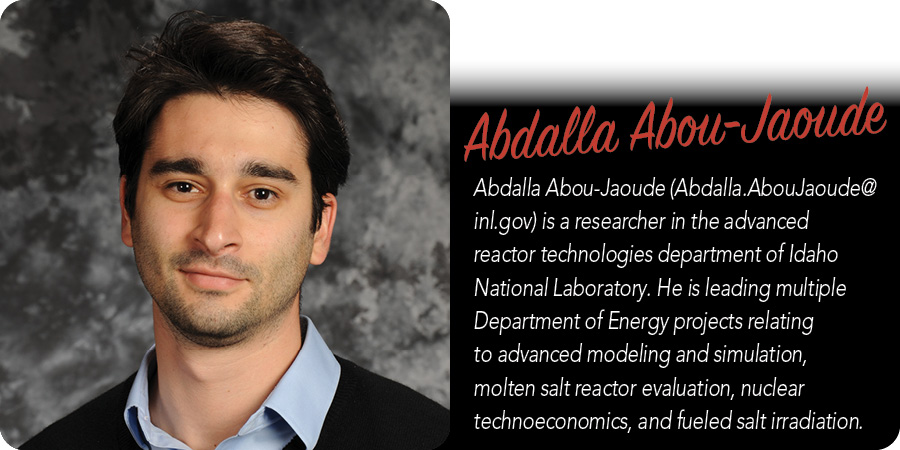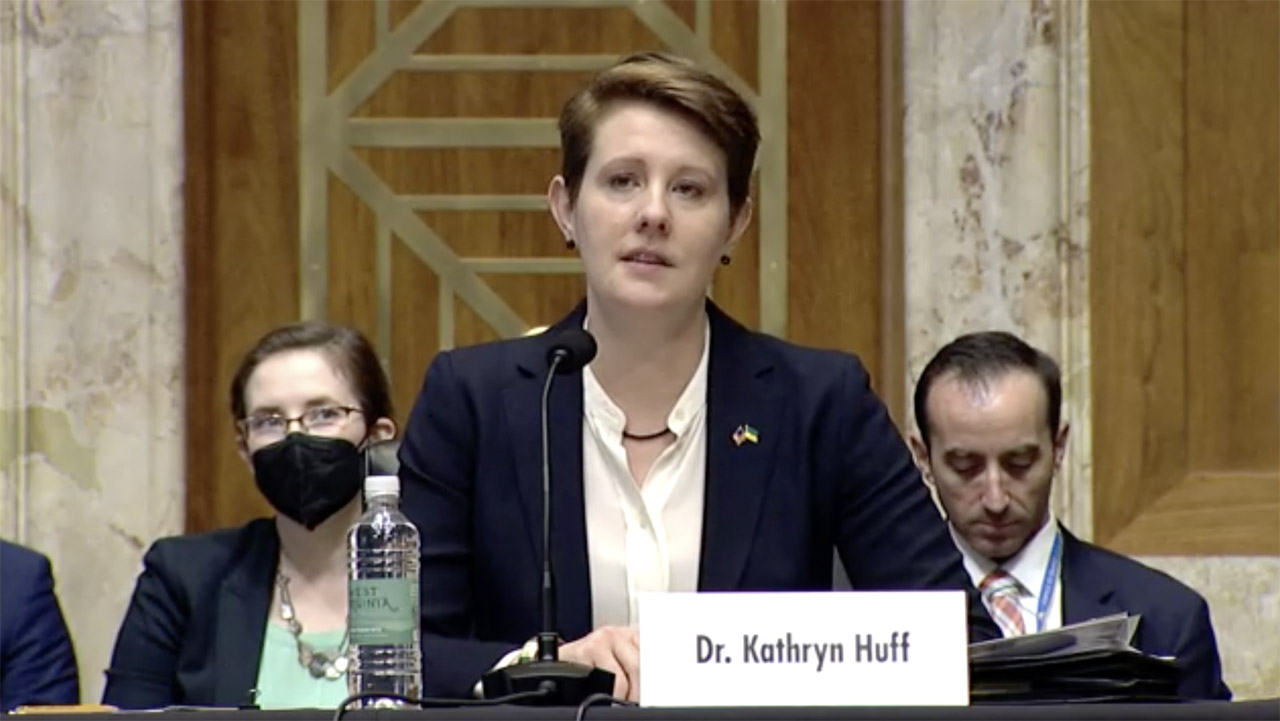What are the key cost drivers for microreactors?

Microreactors upend the traditional economics of nuclear power plants by shifting the paradigm from economies of scale (large reactors) to economies of multiple (mass production). While shrinking power output per unit may increase costs per kilowatt compared to large plants, offsetting gains can be expected from simplified and standardized designs, factory fabrication, inherent safety, lower radionuclide inventories, fast installation, and low financing costs. For instance, the lower power density in a microreactor core leads to a greatly reduced decay heat source, simplifying emergency cooling needs. These design aspects can lead to innovations including substantial simplifications to safety and control needs, minimized human operational requirements, a very compact balance of plant, the ability to fabricate almost every component in a factory, shortened construction time, and less daunting financing.




 The Nuclear Innovation Alliance (NIA), a nonprofit advocating for advanced nuclear, has announced the publication of a new report,
The Nuclear Innovation Alliance (NIA), a nonprofit advocating for advanced nuclear, has announced the publication of a new report, 


 Five former assistant secretaries of energy for the Office of Nuclear Energy—a position given the designation “NE-1”—gathered for a virtual panel discussion hosted by the American Nuclear Society on March 26. Rita Baranwal, John Kotek, Peter Lyons, William D. Magwood, and Warren “Pete” Miller each participated in the free event that was moderated by Benjamin Reinke, the former executive director in the secretary of energy’s Office of Strategic Planning and Policy.
Five former assistant secretaries of energy for the Office of Nuclear Energy—a position given the designation “NE-1”—gathered for a virtual panel discussion hosted by the American Nuclear Society on March 26. Rita Baranwal, John Kotek, Peter Lyons, William D. Magwood, and Warren “Pete” Miller each participated in the free event that was moderated by Benjamin Reinke, the former executive director in the secretary of energy’s Office of Strategic Planning and Policy.